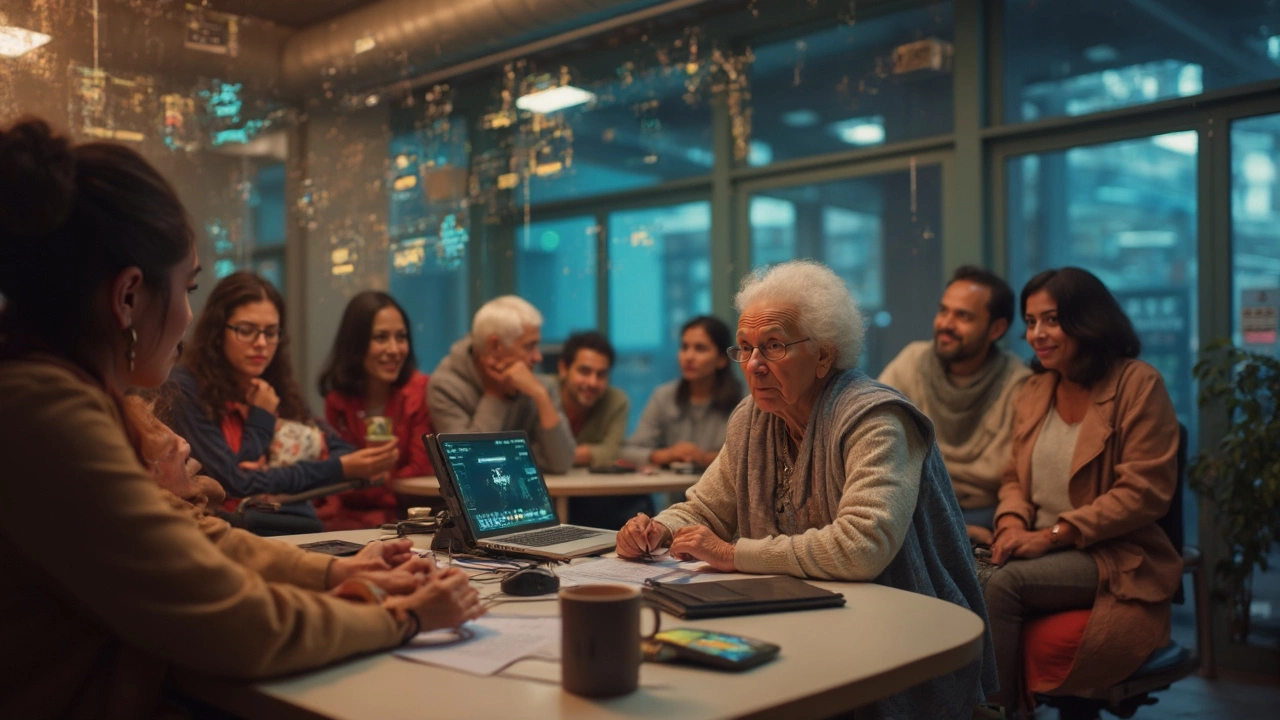Age and Coding: Starting Your Programming Journey at Any Stage
Ever thought coding was only for kids or fresh graduates? Think again. Whether you're in your 20s, 40s, or 70s, you can pick up programming and see real results. The biggest myth is that age stops you from learning new tech – the truth is, your brain stays adaptable if you give it the right push.
Why Age Isn't a Barrier
Research shows that older learners often bring discipline and real‑world experience to the table. Those traits help you understand why a piece of code matters, not just how it works. Plus, modern learning platforms let you set your own pace, so you never feel rushed.
Another perk? You already know how to solve problems in life, which translates well into debugging. When your code throws an error, you can treat it like any other puzzle: break it down, test one piece at a time, and keep trying until it clicks.
Practical Steps to Start Coding Today
1. Pick a friendly language. Python is popular for beginners because its syntax reads like plain English. You can write a simple program in minutes and see instant results.
2. Use free resources. Websites like Codecademy, freeCodeCamp, and YouTube offer short lessons that fit into a coffee break. Start with 10‑minute videos and build up.
3. Set tiny goals. Instead of aiming to build a full app, try writing a script that adds two numbers. Celebrate each win – they boost confidence and keep you moving.
4. Join a community. Forums, local meet‑ups, or online groups let you ask questions without feeling judged. Hearing others’ stories reminds you that you’re not alone.
5. Practice regularly. Consistency beats length. Even 15 minutes a day adds up faster than a marathon session once a month.
When you hit a roadblock, remember that every coder, regardless of age, faces bugs. The trick is to step back, search for similar issues, and try a different angle. Patience and curiosity are your best tools.
Once you feel comfortable with basics, tiny projects become rewarding. Build a simple calculator, automate a spreadsheet task, or create a personal website to showcase a hobby. Real‑world results keep the learning loop exciting.
In short, age and coding go hand in hand when you choose the right approach. Use your life experience as a strength, pick easy‑to‑learn tools, and stay consistent. Before you know it, you’ll have a portfolio of small projects and a confidence boost that spills over into other areas of life.
Is 50 Too Old to Learn Coding? Unpacking the Myths and Realities
Exploring whether age is a barrier to learning coding, this article debunks myths surrounding older adults in tech. It offers practical advice and highlights benefits and success stories of those who learned to code after turning 50. Discover reasons why age shouldn't stop you from learning new tech skills and how you can get started on this exciting journey.
read more